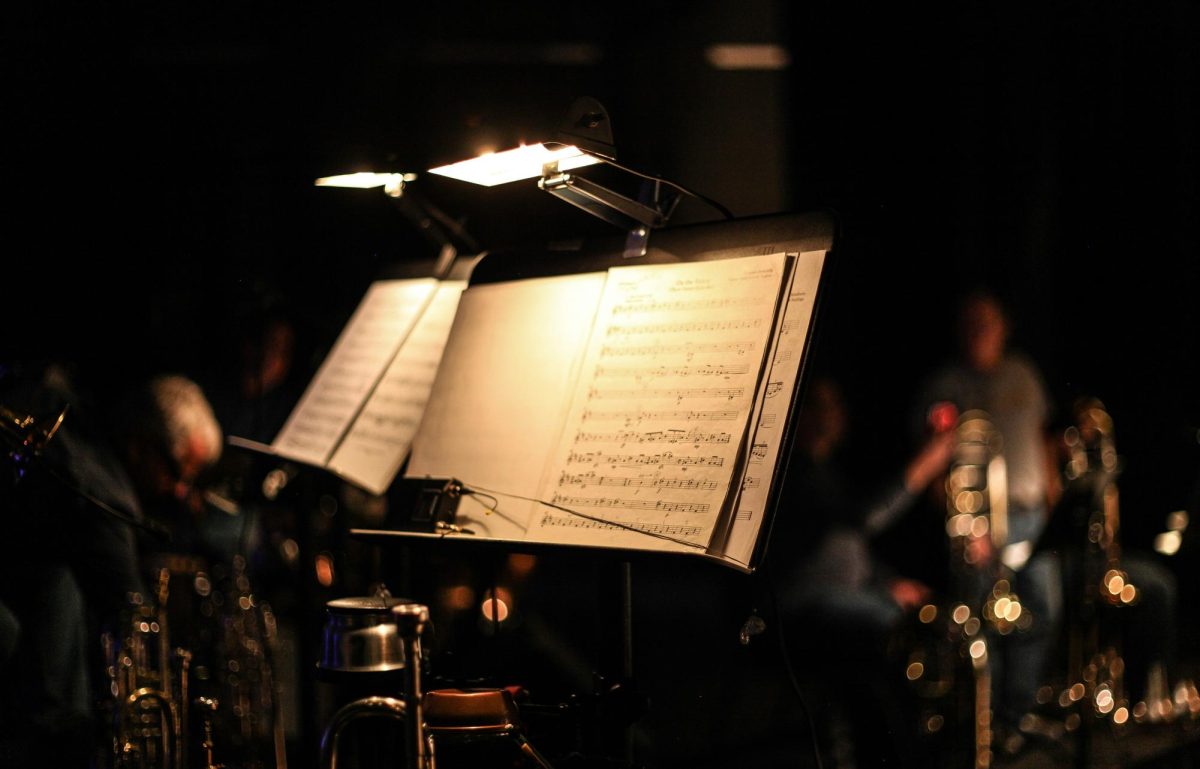The Dangers of ‘The Crunch’
February 14, 2018
Every student experiences the stress of high school. Whether its 6 hour study sessions cramming for a test, pulling an all-nighter to finish those 42 math problems due the next morning, or just trying to balance work, school, and home life, students are constantly pushing themselves to the limits to complete everything that is thrown at them.
They give up sleep, food, social interaction, and self-care to accomplish it all. This sacrifice of personal health and the ever-constant push to keep working is not only seen in high school, but in the work environment, too. There, it is known as The Crunch.
The Crunch is every long hour of overtime, every shortened deadline, every time they ask you to take on another project when you’ve barely completed the last seemingly unconquerable task.
It’s surviving on coffee and Red Bull and thinking to yourself, “This has got to be the limit, right?” It’s when those asking you to do more see that, somehow, you’re still moving forward and think that this must not be the top rate at which we could be functioning. So they push harder. It is when the maximum becomes the average.
The Crunch at a high school level is found more in the way teachers and students interact. As students move up through high school, they have more expected of them. Homework goes from being an hour in the evenings to two to four on a good night. Students are expected to be able to complete it all with the best results possible, no matter the cost.
The area of life that generally gets hit the hardest is sleep. When polling students across multiple grade levels on their sleeping habits, most got less than 6 hours a night. To put that into context, the average teen needs 9 hours. Those who are athletic require more. All of those who got less than 6 agreed that they prioritized their work over their health.
Mary Koenig, a junior, responded, “I don’t get very much sleep and my stress will get me sick. Or I won’t eat because I’m doing work.”
Social life is also sacrificed in favor of school or other responsibilities. Sean Collins, a freshman at Ridge, notes, “My social life is pretty down because when my friends ask me to hang out, I always have to say no because I have to study for Bio pop quizzes.”
This is an incredibly dangerous mindset, but one that most students share. The Crunch being introduced in schools as way to prepare students for the real world perpetuates the idea that this is a healthy and expected experience. No one, whether in high school or the workplace, should be pushed so far as to sacrifice basic human necessities for unrealistic expectations.





